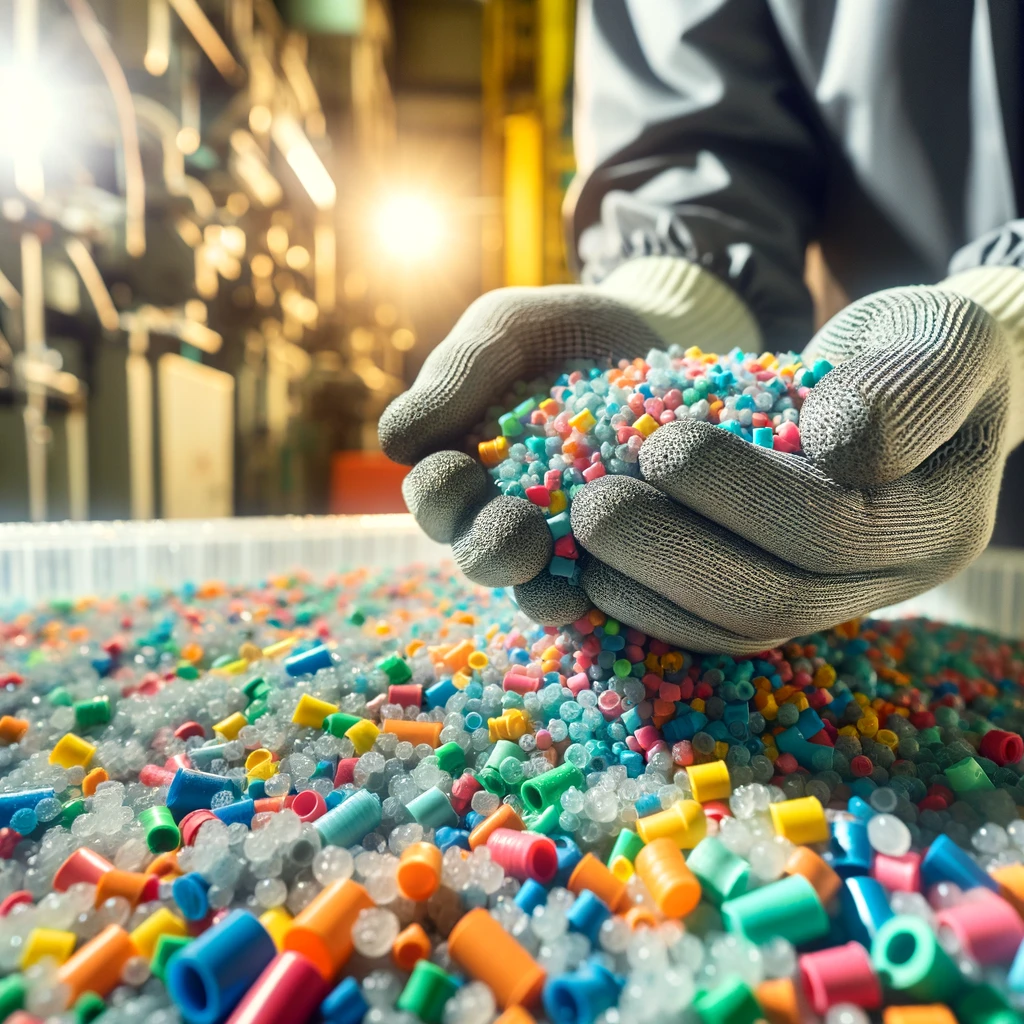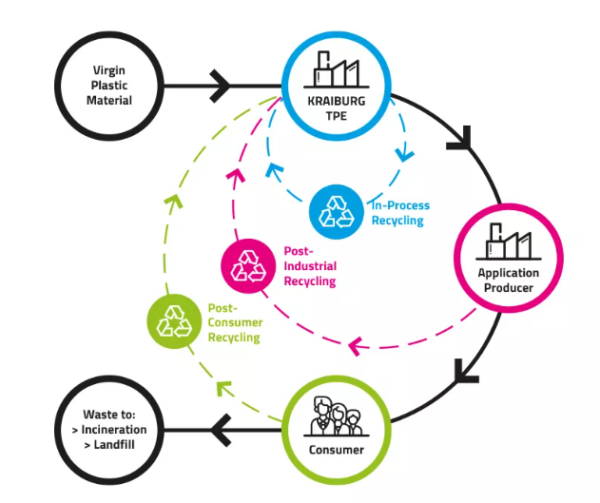Post-Industrial Recycled Content Means Better Plastic

Recycling appears as a main node in optimizing waste management. Within this realm, Post-Industrial Recycling commands attention for its critical impact on product lifecycles.
Coupled with Extended Producer Responsibility (EPR), Post-Industrial Recycling (PIR) and including Post-Industrial Recycled Content in products charts a course toward lessening environmental impacts and nurturing a circular economy. Among the various recycling approaches, post-industrial recycling stands out for its unique role in the lifecycle of products. This method, along with Extended Producer Responsibility (EPR), offers a promising path toward reducing environmental impact and promoting a circular economy.
You can also read Additives to enhance post-consumer recycled (PCR).
Post-Industrial Recycling Benefits
Post-industrial recycling refers to the process of reclaiming waste materials generated during the manufacturing process before they reach the consumer. This includes scraps, trims, and defective products that are recycled back into the production cycle, known as Post-Industrial Recycled Content. Materials commonly involved include plastics, metals, paper, and textiles, each contributing to a substantial reduction in raw material usage and waste generation.
The environmental benefits of post-industrial recycled content are profound. By diverting waste from landfills, it significantly reduces the demand for virgin resources, leading to lower energy consumption and greenhouse gas emissions. Economically, it allows businesses to minimize waste disposal costs and recover value from their by-products, enhancing overall efficiency and sustainability. Also, the plastic recovered from Post-Industrial Recycling has never been in the consumer’s hands. That means a better quality and almost no contaminants.

Post-Industrial, Post-Consumer And In-Process Recycled Materials. Courtesy Of Kraiburg.
Connection to Extended Producer Responsibility (EPR)
Extended Producer Responsibility (EPR) is a policy approach that shifts the responsibility for end-of-life product disposal to producers. It encourages companies to design environmentally friendly products and take charge of their entire lifecycle. Post-industrial recycling is a vital component of EPR, as it exemplifies producers taking preemptive steps to minimize waste and reintegrate materials into the production process. Even, though EPR demands to include Post-Consumer Materials, Post-Industrial Recycling is a complementary step that companies can develop.
Challenges and Opportunities
Despite its benefits, post-industrial recycling faces challenges such as technological limitations and the need for market development for recycled materials. Nevertheless, these challenges also present opportunities for innovation, policy development, and increased collaboration between stakeholders to enhance the efficiency and scope of recycling programs.
Post-industrial recycling, in tandem with EPR, represents a crucial strategy in our journey toward efficient waste management. By embracing these practices, industries can significantly contribute to environmental preservation, economic savings, and the advancement of a circular economy. It is incumbent upon both policymakers and industry leaders to foster an environment where such sustainable practices are not just encouraged but become the norm.
